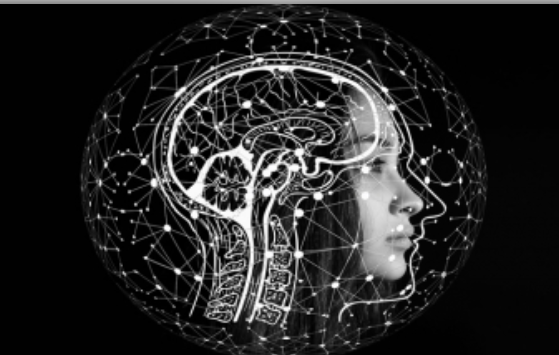Health
Healthy lifestyle, awareness key to combat rising brain stroke, diseases: Experts

New Delhi, July 22
A healthy lifestyle, with proper diet and exercise along with increased awareness, is crucial to tackle the rising cases of brain strokes and other related diseases in the country, said experts on World Brain Day on Monday.
World Brain Day is observed every year on July 22 to amplify awareness and shed light on crucial aspects of brain health. The theme this year is ‘Brain Health and Prevention’.
Neurological disorders include stroke, headache disorders, epilepsy, cerebral palsy, Alzheimer’s disease, and other dementias, brain and central nervous system cancer, Parkinson’s disease, multiple sclerosis, motor neuron diseases, and other neurological disorders.
"There’s a concerning rise in brain strokes among the young population in India, with a 25 per cent increase in cases over the past five years. This surge is predominantly seen in people aged 25-40. The factors that contribute to the rise are majorly sedentary lifestyles, poor dietary habits, smoking, and high-stress levels associated with urban living,” Dr Vikram Huded, HOD and Director & Clinical Lead, Interventional Neurology, Narayana Health told IANS.
The doctor also pointed at the prevalence of hypertension and diabetes in increasing the risks. In addition, genetic predispositions, even sleep disorders, or undiagnosed heart conditions, high stress levels, and environmental factors like pollution also significantly contribute to this alarming rise.
“It's imperative for youngsters to adopt healthier lifestyles, engage in regular physical activity, and manage stress effectively to avoid these risks. Early intervention and lifestyle modifications are crucial in combating this alarming trend and safeguarding the health of our younger population," Dr Huded said.
As per the estimates of the Indian Council of Medical Research (ICMR), neurological disorders contribute 10 per cent of the total disease burden in India. The growing burden in the country is mainly attributable to the ageing population.
“With advancing age, especially after 50 years, neurodegenerative changes occur in brain areas due to less dopamine secretion in the brain,” Dr AK Sahani, Director and Chief of Neurology, at Indian Spinal Injuries Centre, New Delhi told IANS.
He noted that “chronic anxiety may lead to persistent neuroinflammation, linked to Parkinson’s pathogenesis.
Dr Arindam Ghosh, Consultant- Neurologist, Narayana Hospital, Kolkata called for increasing “measures such as avoiding head trauma, eating a balanced diet rich in nutrients and antioxidants, avoidance of smoking, measures to relieve stress like meditation, exercises or walking and taking adequate care of comorbidities including diabetes, obesity, hypertension, and dyslipidemia”.
These simple measures may go a long way in preventing or delaying the progress of several debilitating neurological illnesses, the doctor told IANS.
In India, approximately 185,000 strokes occur annually, translating to one stroke every 40 seconds and one stroke-related death every 4 minutes.
Despite these alarming figures, many Indian hospitals lack the necessary infrastructure for effective stroke treatment or there is a lack of stroke-ready hospitals in the country. Neurologists emphasise the importance of people adopting healthier lifestyles to prevent strokes and other brain disorders.
“There is a need to strengthen neurology services and experts call for effective curative actions. Neurological treatments are highly individualised, depending on the patient's condition. Common therapeutic approaches include rehabilitation, assistive devices, and self-care strategies,” Dr Rajul Aggarwal, Director Neurology, Sri Balaji Action Medical Institute, Delhi, told IANS.
"Recent technological breakthroughs, such as advanced imaging techniques, brain-machine interfaces, and deep brain stimulation, are transforming diagnostics and treatments, offering new hope for those affected by complex neurological disorders," he added.



































